As far as skincare ingredients go, retinal is one of the most popular, for sure. But with such popularity often comes a slew of misinformation. So it’s tricky to know when you’re getting the right results, when to push through, and when to stop using.
Here are five times when we encourage you to put down your retinal. Just for a little while.
You’re experiencing irritation.
Introducing a retinal into your routine more often than not, comes with a series of skin side effects. Purging, perhaps. (More on that here.) But it’s the stinging, burning, severe irritation that’s a real cause for concern.
You might be using too much, too frequently. So stop, and pull it right back to one application per week. Or none. If your skin is really saying ‘leave me alone’.
Incorporating retinal into your evening routine just once a week, consistently, is still going to grant you very glowy skin. When you’ve built up more of a tolerance for strong actives, that’s when you can start to gradually increase your usage.
If you know you have a sensitive skin type or want to give yourself even more of a buffer, try sandwiching: applying a nourishing moisturiser before and after your retinal to help soothe the skin.
You’re sunburnt.
Hypothetically, right? Because you’re wearing SPF daily. (Regardless of what the weather app says.)
Great. Glad we cleared that up.
Now, if on the very rare occasion you end your day looking a little sun-kissed, we recommend skipping retinal until your skin has had a chance to heal and your skin barrier is no longer compromised. Applying a retinal on top of sunburn is only going to exacerbate the heat and redness, and prolong the recovery of your skin barrier.
Focus instead of super soothing, calming, moisturising ingredients. And only reintroduce retinal into your routine once you’ve properly spent some time (a week, at least) in The Repair Shop. Wait for any redness or flaking to disappear completely.
You’ve booked in for a facial.
To avoid any discomfort during your facial, it’s best to skip retinal in the week leading up to your appointment. Save your skin from unnecessary post-facial inflammation.
If you have applied retinal recently then please do let your facialist know, so they can rethink any waxing, exfoliation, chemical peels, that may have been incorporated in your treatment. They will likely focus instead on deeply hydrating and replenishing your skin. (Because you’ve already put in the work at home to remove dead cells. No point doubling down on actives.)
You’ve booked in to get a brow/lip wax or laser.
Retinal is powerful. We know this. But while this active helps to slough away dead skin cells, the new/fresh/glowy skin cells they’re replaced with are more susceptible to irritation from treatments like waxing and laser.
Actively using retinal before your waxing or laser appointment can sometimes result in skin irritation (at best), and tearing (at worst). Actively using retinal after your waxing or laser appointment might result in a bit of a burning sensation, due to some broken skin or open hair follicles. And we don’t want that.
It’s best to press pause on this product for a few days either side of pampering.
You’ve just had skin needling.
Generally, after any skin needling treatment, you can expect some redness, slight swelling around the areas that were treated, and your face might feel warm to touch. Three to five days later you’ll notice the skin becomes dry and flaky. A completely normal part of the regenerative process.
But! If you jump straight back into using retinal, you are going to leave your skin in a highly sensitive state for much longer than planned. Your skin barrier can only take so much, so it’s best to lay off actives (of any kind) until your skin has healed. Your dermal clinician will give you a stricter guide.
You’ve got a bun in the oven.
Retinal (or rather, all retinoids) is one ingredient you need to avoid during both pregnancy and breastfeeding. Vitamin A plays a pivotal role in fetal development, which means using a high level of retinal has the potential to interfere with early growth.
We recommend you consult your doctor to determine the individual needs of you, your skin, and your little belly friend during this time. (Hey! Congrats, btw.)
We love retinal. You know that. It just comes with a lot of ‘ifs’ and ‘buts’. And you’d be wise to follow.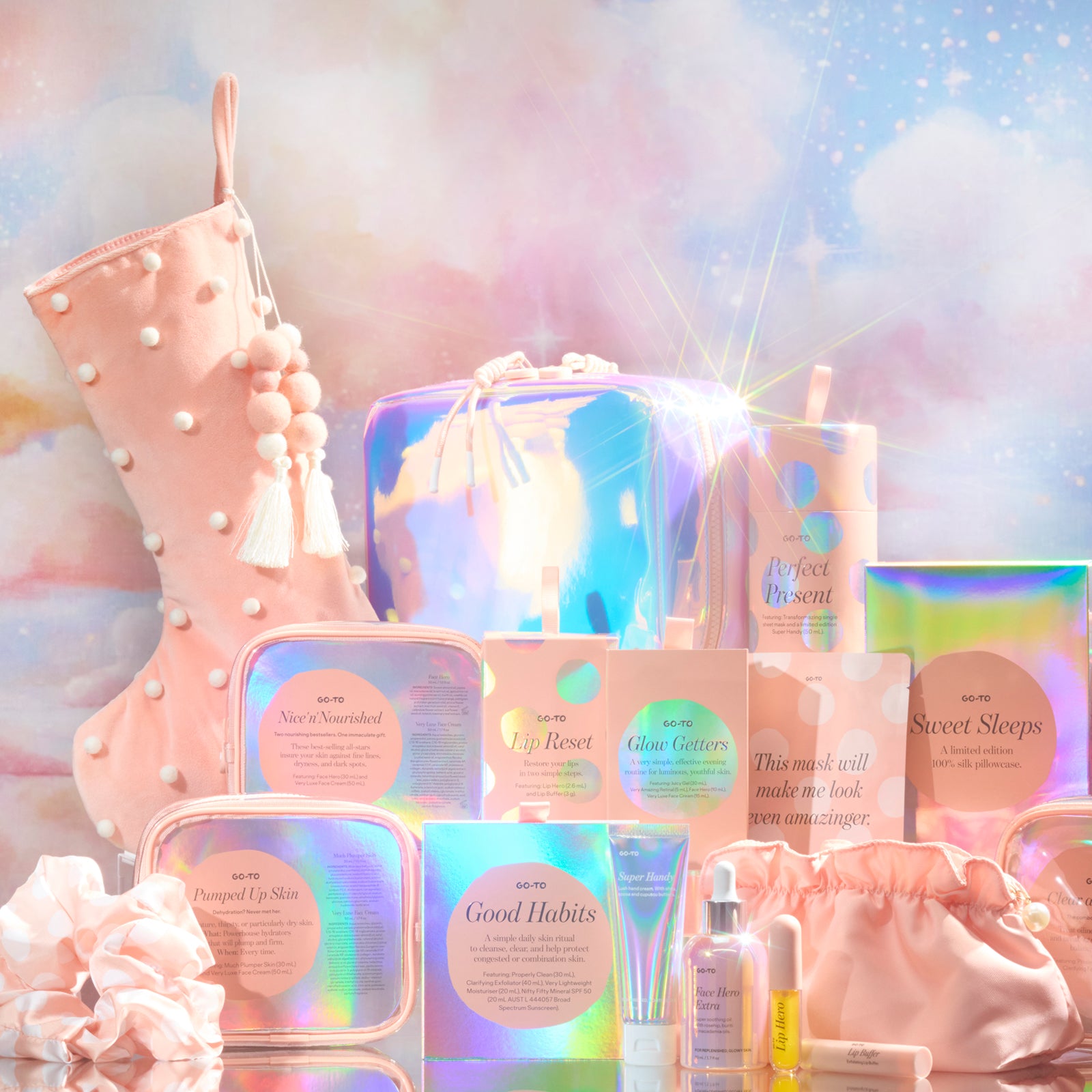


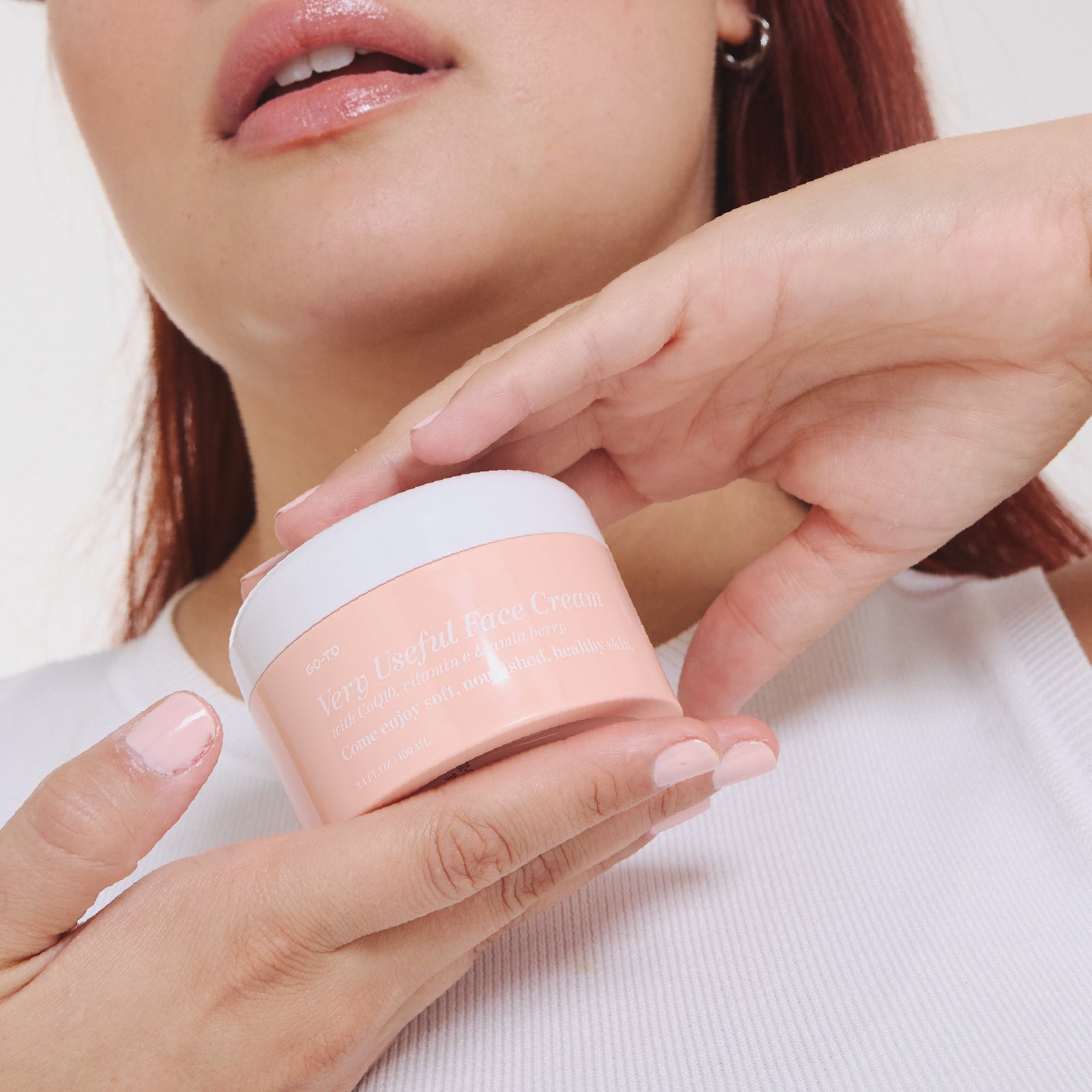
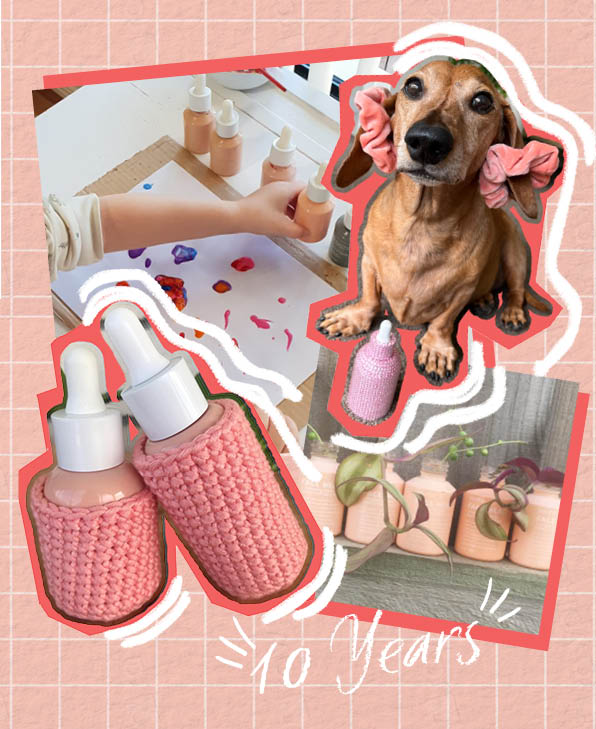

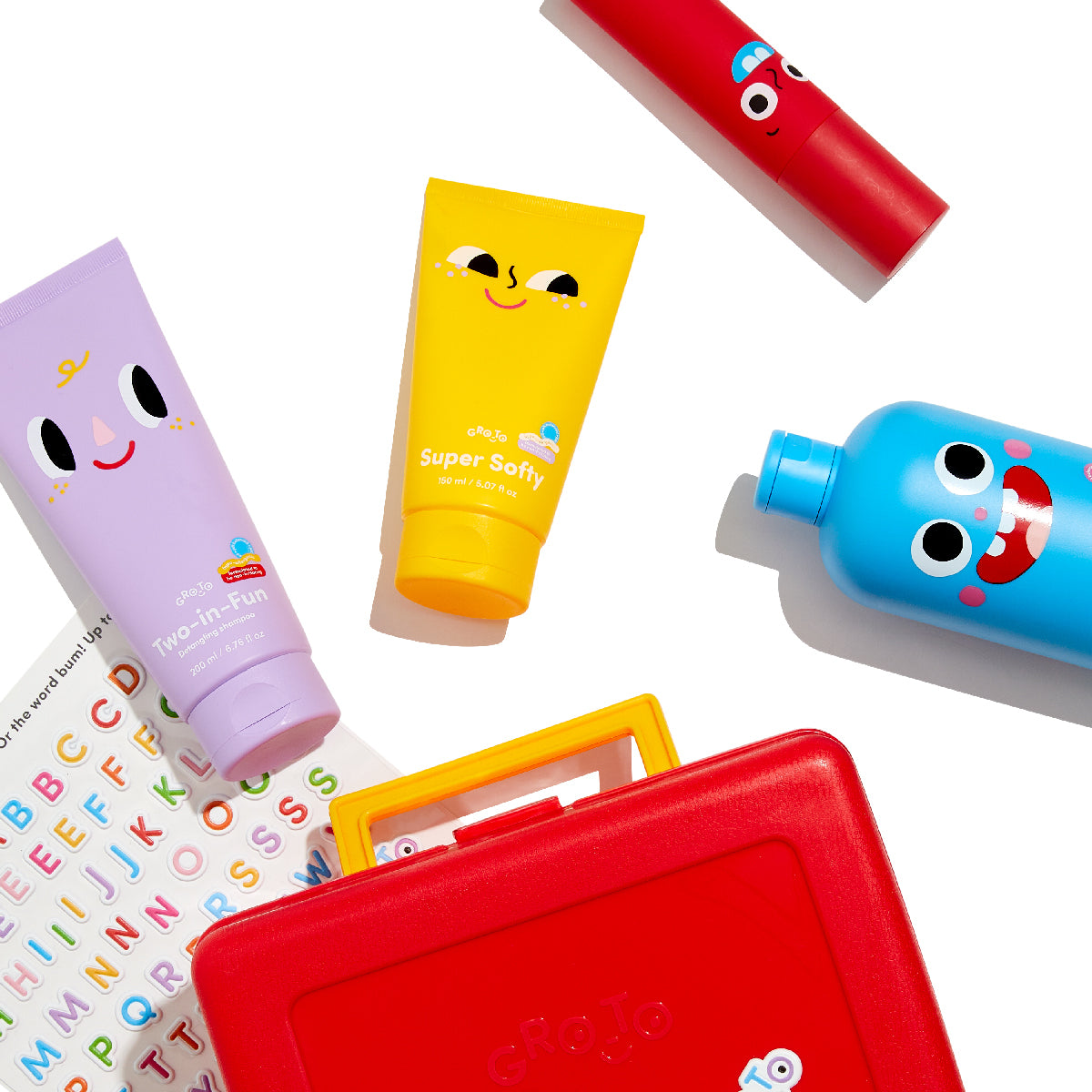
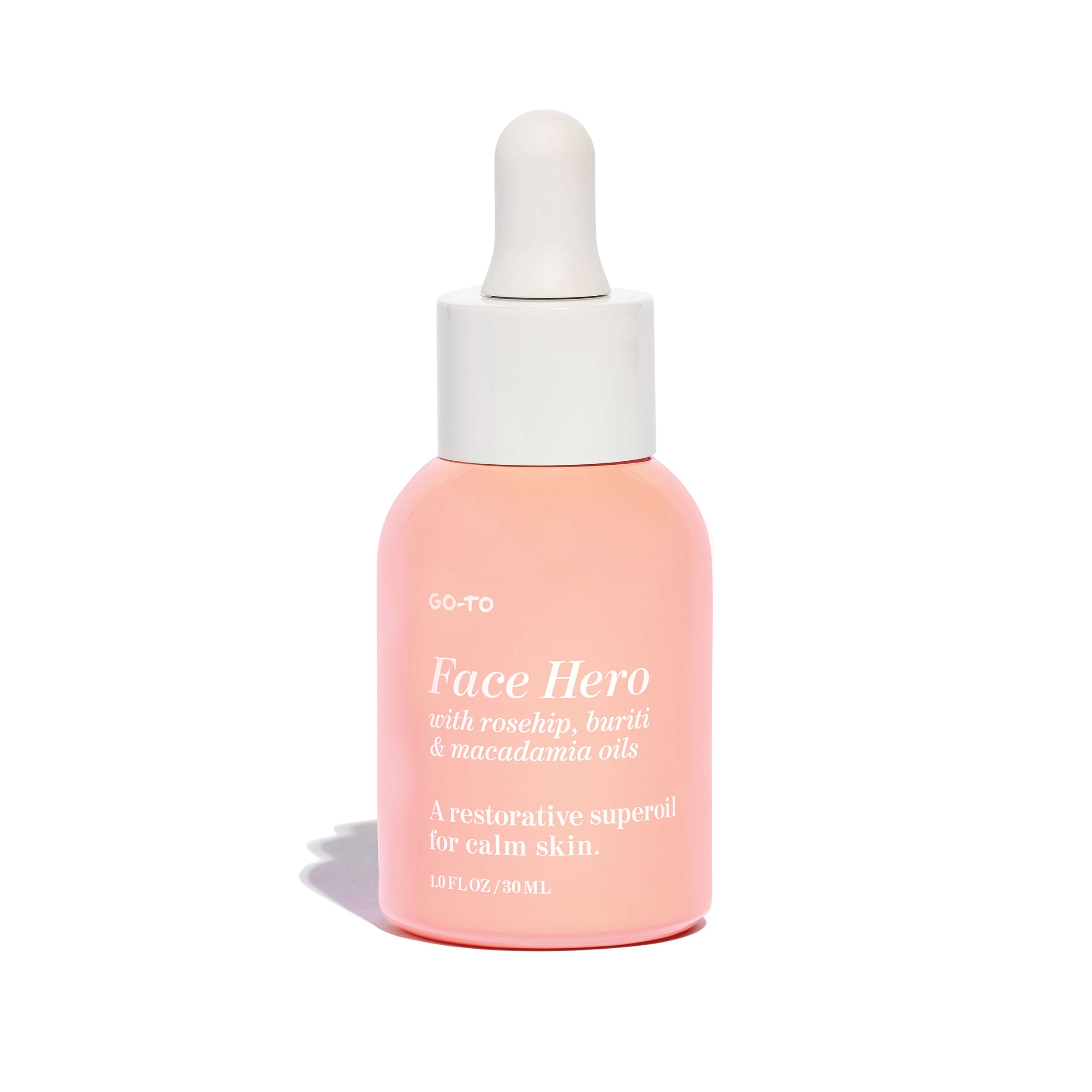
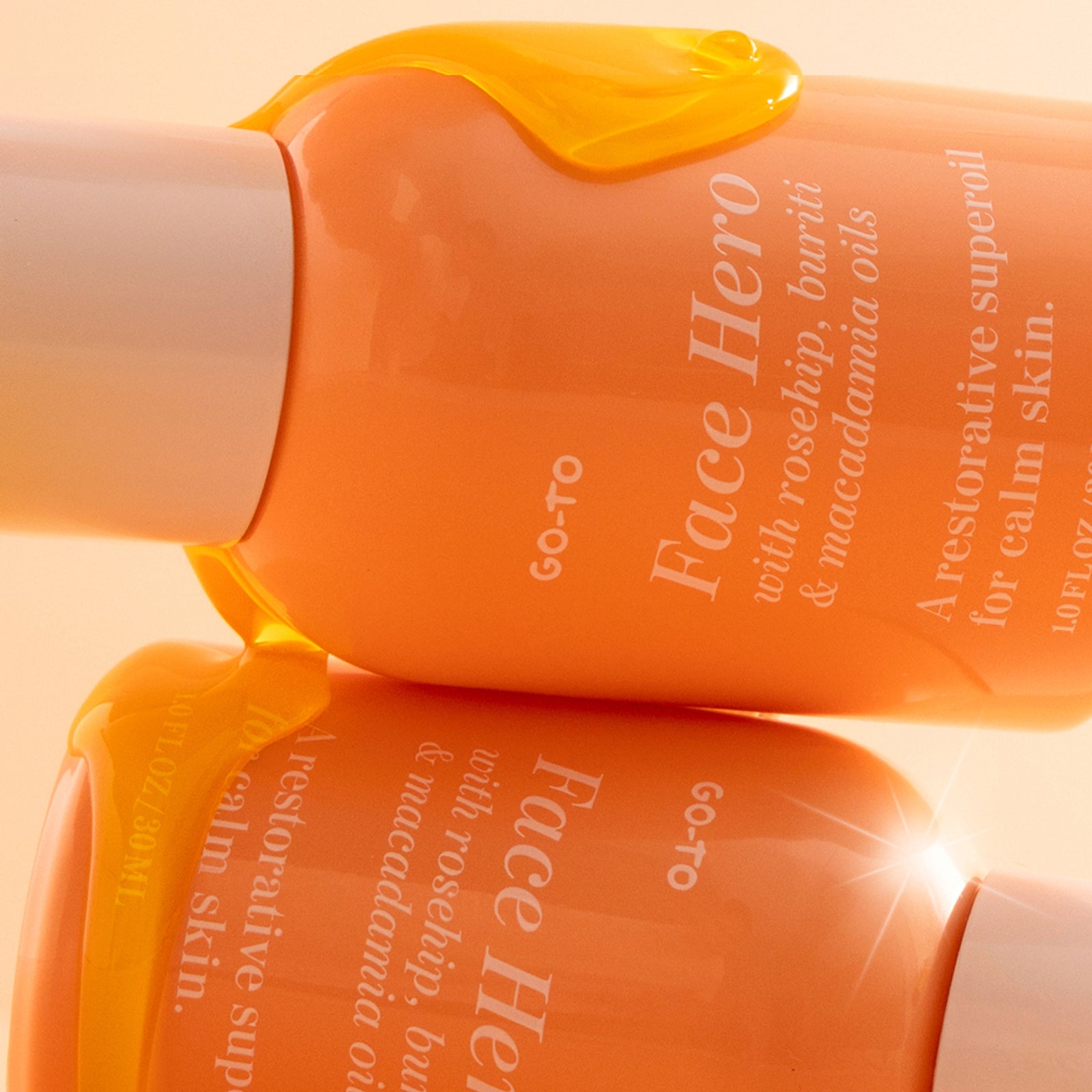
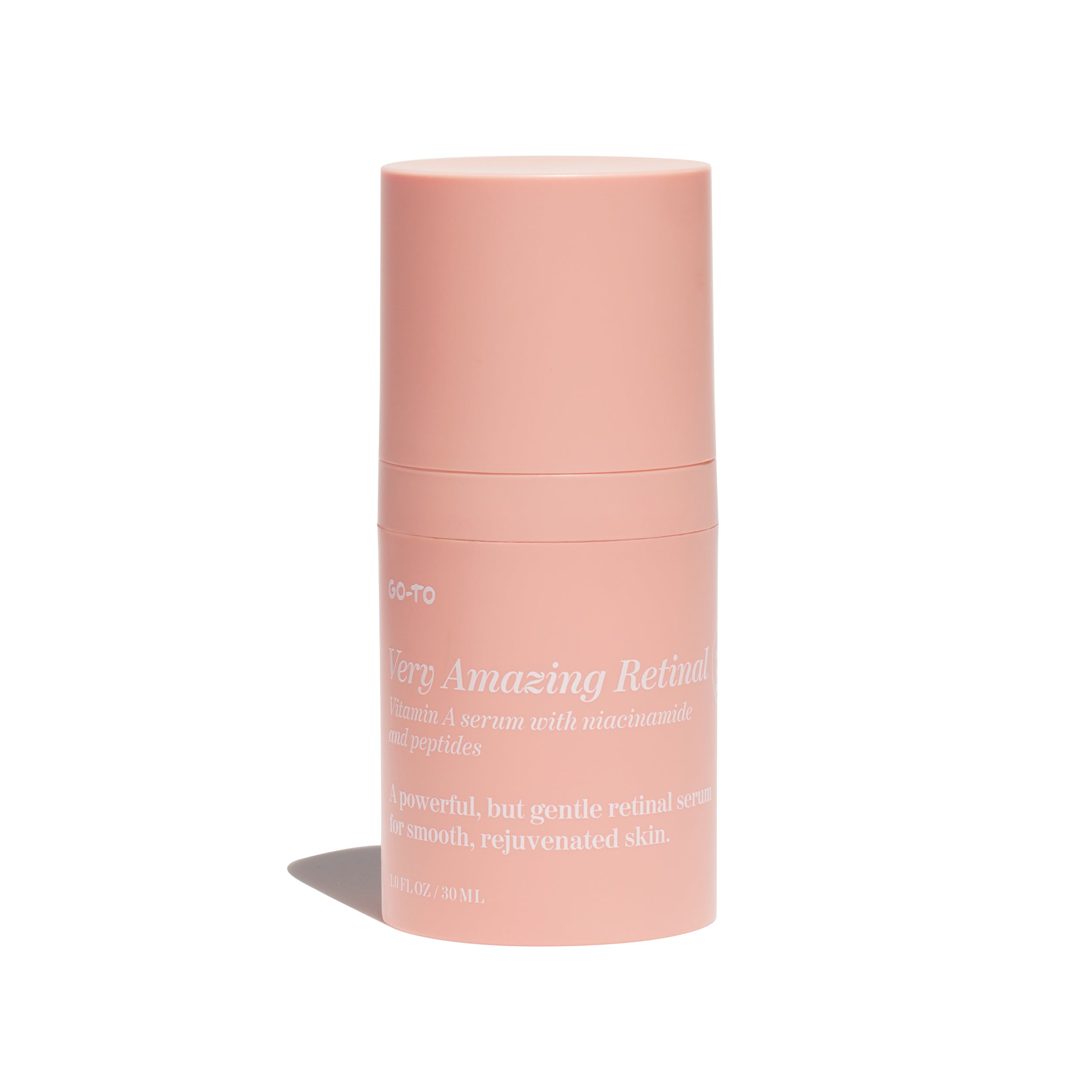
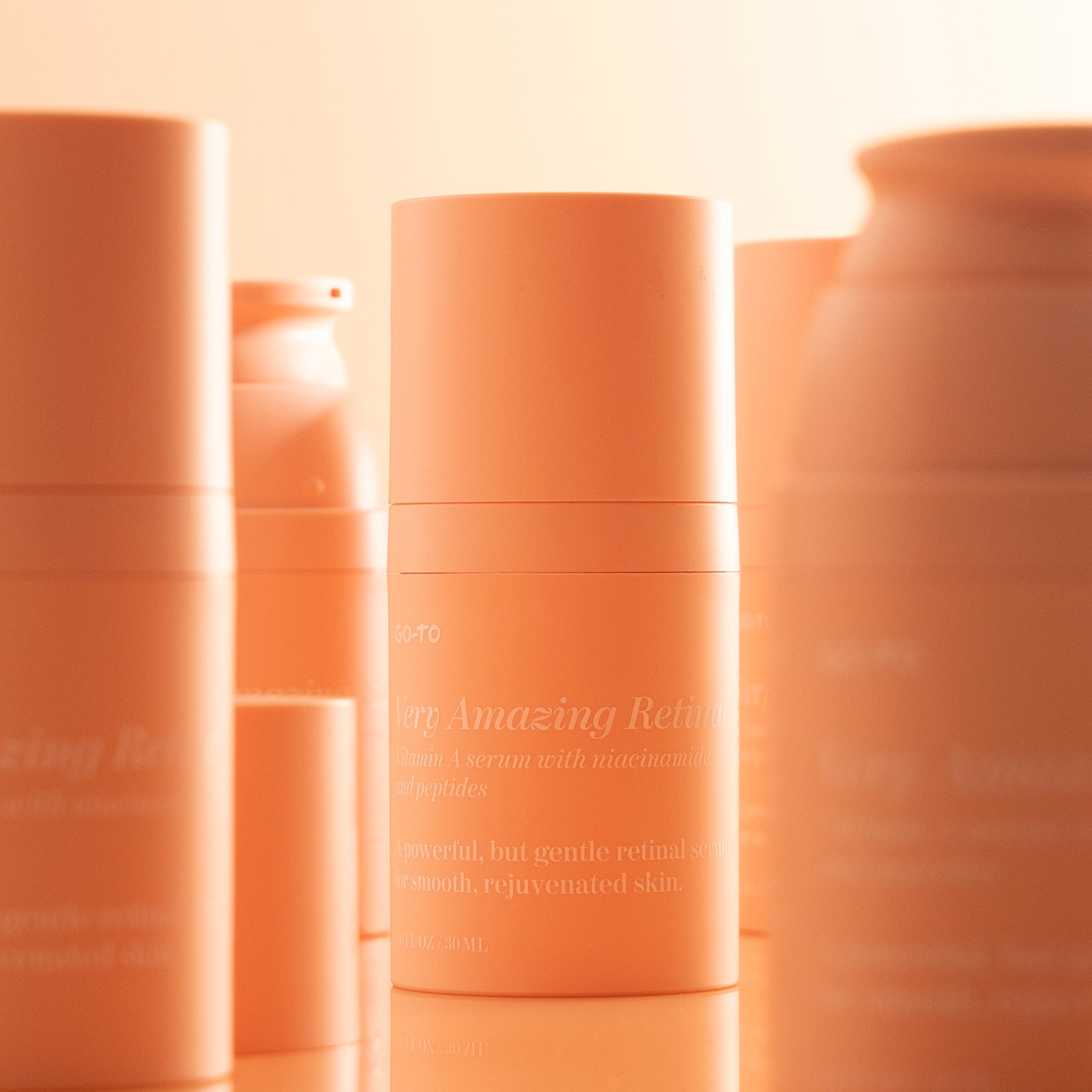
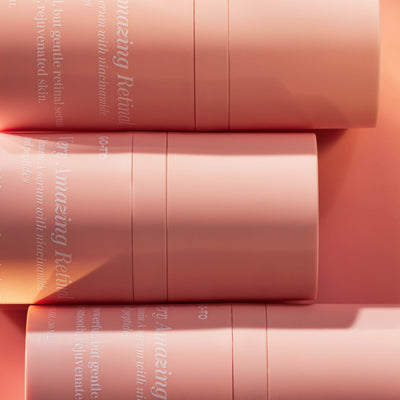
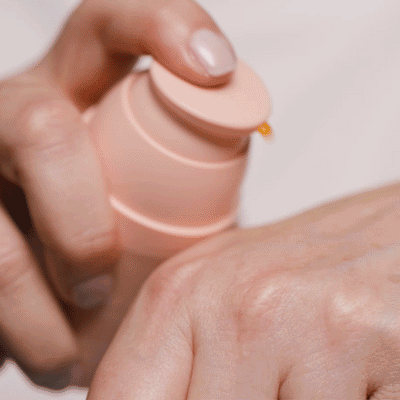



Comments